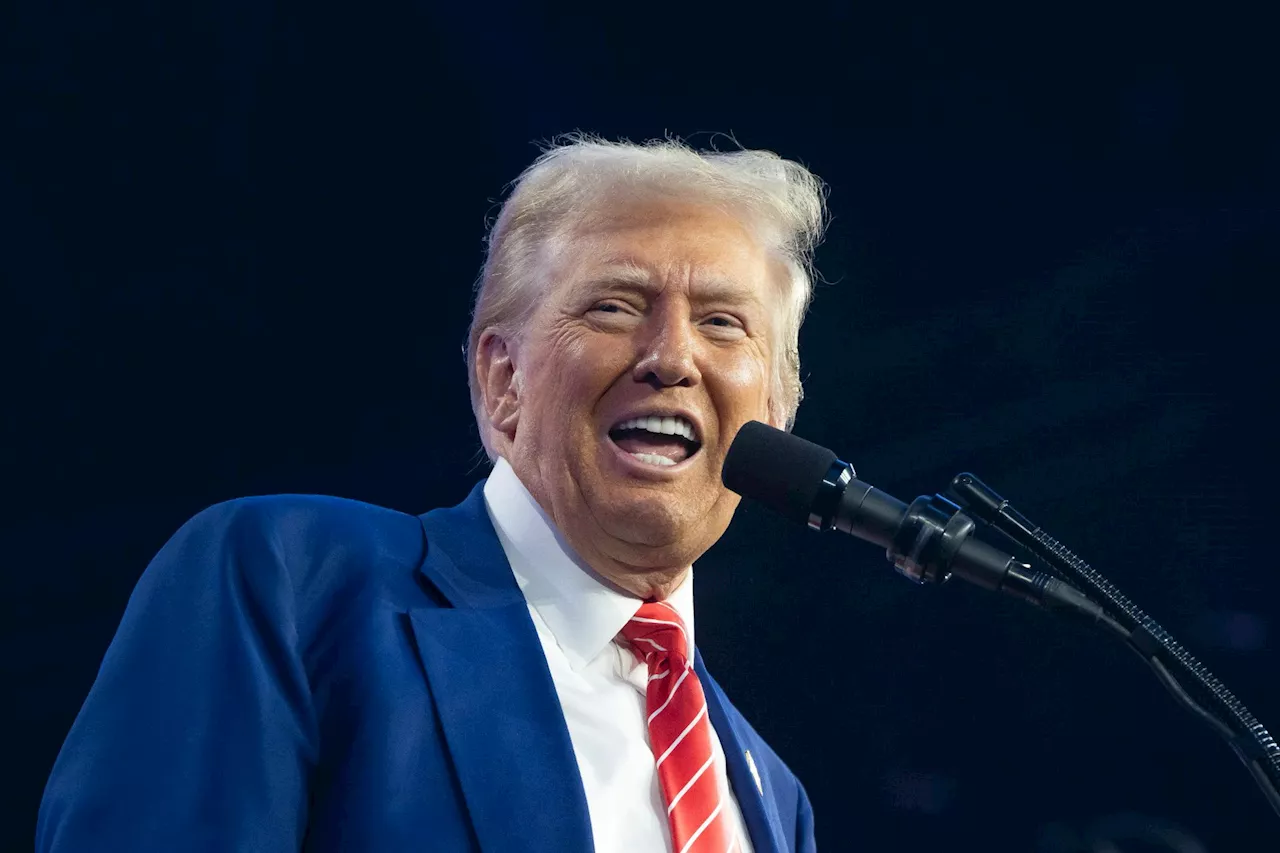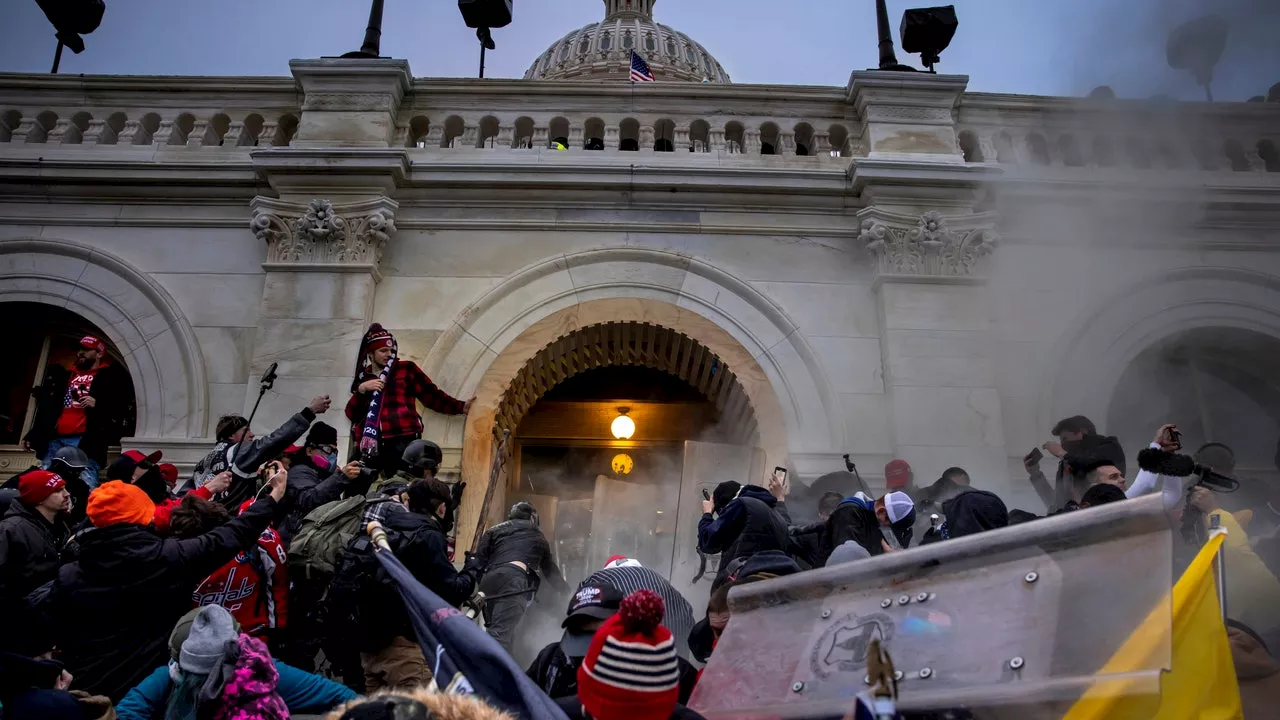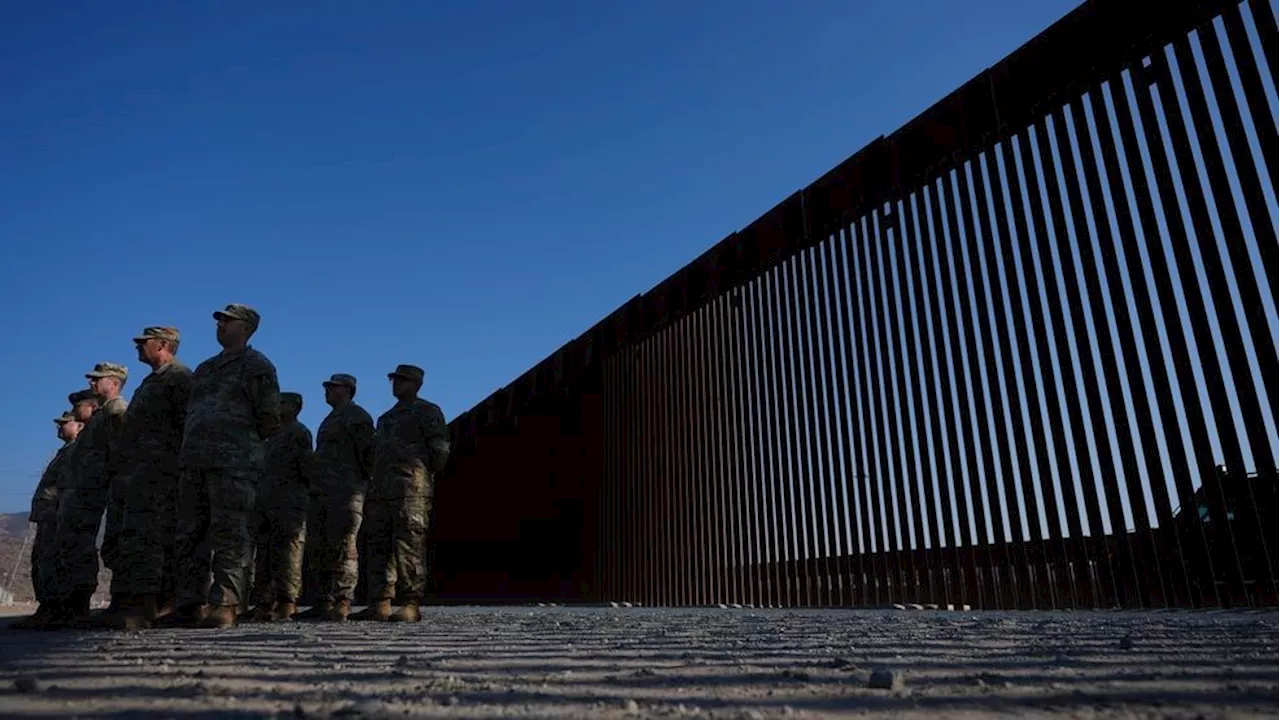This article analyzes the concerning political climate surrounding Donald Trump's second term. It explores his widening support, the normalization of his rhetoric, and the alarming implications of his policies. From the pardoning of January 6th insurrectionists to his attacks on democratic norms and his targeting of minority groups, the article paints a stark picture of the threats posed by Trump's agenda. It also delves into the concerning parallels between Trump's ideology and historical fascist movements, urging readers to critically examine the current political landscape.
Prior to Donald Trump ’s inauguration on Monday, prevailing sentiment in political circles held that Democratic politicians—and others on the leftward half of the American political spectrum—might not be able to prevent the enactment of Donald Trump ’s second-term agenda. In fact, the thinking went, Democrats and liberals might even want to: Trump’s victory in 2024 was wider than his victory in 2016; this time, he actually won the popular vote.
(Although not byto the number with an unfavorable opinion at the moment, which means he’s much more popular now than he has been at any time since he first took office—even if he’s still less popular than a typical new president would be during the “honeymoon” period.) Media and business leaders, moreover, have been seeking Trump’s favor—providing him a tailwind he didn’t have in 2017, when big companies were making statements about their “values” being incompatible with his rhetoric and media outlets were advertising themselves as bulwarks against his propagation of various falsehoods and degradation of political norms. (Remember all the norms, and how much we talked about them? Good times.)some of the progressive ideas about race, gender, and immigration that gained in popularity during his first administration. Finally, the thinking went, people everywhere—even liberals—are simply just tired of having to be outraged by Donald Trump. (Fact check: True!) Add it up and you had a coherent story: Because Trump was assuming office with political momentum that was in some ways the result of first-term resistance against his administration, a large-scale popular movement to resist him in term two was unlikely and perhaps even unnecessary. Democrats themselvesIt became clear quickly that this approach was not going to be, let’s say, appropriate to the gravity of the situation. This is not shaping up to be the kind of regime that you want to be remembered for collaborating with.on a Sunday talk show: pardoning more than 1,500 Jan. 6 rioters, including more than 200 who were still in prison, the leaders of two notorious militias, and hundreds who. Simultaneously, he signed an executive order declaring that the 14th Amendment’s grant of “birthright citizenship”—which holds that anyone born on U.S. soil is a U.S. citizen—will Together, these two announcements—that Trump will not follow the Constitution if its rules displease him, and that he is willing to issue immunity for supporters who attack his perceived enemies—make some of his other plans look, well, a little concerning., and purports to believe that the 2020 election was “rigged.” He wants to eliminate the protections afforded to apolitical civil servants in government so that they can beto help deport migrants and suppress protests. (And he or someone close to him ordered the Department of Defense toof the Joint Chiefs chairman, Mark Milley, who made clear in the waning days of his previous administration that heAnd then there was the “Roman salute.” On Monday, speaking at an inaugural event, Musk twice held his hand against his chest before thrusting his arm outward while holding his palm flat. The Tesla CEO, it is relevant to note, has alsoin Switzerland in December. And he has made multiple comments in recent years about Jewish people (or groups of elites who are presumed towas in fact meant as a Nazi gesture, whether Musk is himself a quote-unquote Nazi, whether he and Trump are anti-Semitic, and so forth. These questions miss the point. Trump and Musk probably do not share Hitler’s exact views about race and Judaism, or consider themselves “Nazis” in an formal way. But this is not surprising, because group identities and political alliances have changed since the 1930s. A more relevant question is whether their beliefs and intentions overlap with past fascist and nationalist movements in a way that Americans who support democratic government and the highfalutin principles of the Founding—”all men are created equal” and whatnot—might not want to associate themselves with.First, like other leaders commonly described as fascist or nationalist, Trump has a purity-obsessed definition—alternately focused on genetics, race, ethnicity, and religion—of who is entitled to be a citizen. His view of who counts as a legitimate American shifts around; it didn’t used to include Muslims orbeen consistent about, as far as who should enjoy rights and respect, is white conservatives. Others may come and go, but right-wing whites are always in. Make of that what you will.The Unspoken Reason for Trump’s Jan. 6 PardonsUnlike many voters and even other Republican politicians, Trump’s problem with undocumented immigration is not just that it is disorderly, involves “cutting the line,” or brings down native-born wages. Instead, he believes migrants to the U.S. are” (Trump’s word, again) from getting a foothold in the country via their childre
DONALD TRUMP FASCISM NATIONALISM IMMIGRATION JAN 6TH DEMOCRACY
United States Latest News, United States Headlines
Similar News:You can also read news stories similar to this one that we have collected from other news sources.
 Trump's Resurgence: A Year of Radical RevisionismA year ago, a Trump victory seemed plausible given the anti-incumbency sentiment and his dominant performance in the GOP primaries. However, as 2024 began, his win was far from guaranteed. Trump's narrative of an 'unprecedented and powerful mandate' erases this alternate reality. Since the election, a sense of amnesia has settled, with the Biden administration seemingly fading from memory. Trump's political alchemy has transformed him from a disgraced ex-president facing indictments into a viable Republican candidate. His strategy relies on rewriting history, relitigating past battles, and enacting revenge, themes likely to dominate his new administration.
Trump's Resurgence: A Year of Radical RevisionismA year ago, a Trump victory seemed plausible given the anti-incumbency sentiment and his dominant performance in the GOP primaries. However, as 2024 began, his win was far from guaranteed. Trump's narrative of an 'unprecedented and powerful mandate' erases this alternate reality. Since the election, a sense of amnesia has settled, with the Biden administration seemingly fading from memory. Trump's political alchemy has transformed him from a disgraced ex-president facing indictments into a viable Republican candidate. His strategy relies on rewriting history, relitigating past battles, and enacting revenge, themes likely to dominate his new administration.
Read more »
 Trump's Resurgence: From Demonized Candidate to Cultural HeroThis article analyzes the dramatic shift in public perception of Donald Trump from 2016 to 2024. Despite facing numerous challenges, including investigations, impeachment attempts, and a turbulent political climate, Trump has emerged as a cultural hero, while the Biden administration struggles with declining popularity and widespread disapproval of its policies. The article highlights the contrast between Trump's 2016 campaign and his current standing, emphasizing the changing political landscape and the impact of events like the COVID-19 pandemic and the January 6th Capitol riot.
Trump's Resurgence: From Demonized Candidate to Cultural HeroThis article analyzes the dramatic shift in public perception of Donald Trump from 2016 to 2024. Despite facing numerous challenges, including investigations, impeachment attempts, and a turbulent political climate, Trump has emerged as a cultural hero, while the Biden administration struggles with declining popularity and widespread disapproval of its policies. The article highlights the contrast between Trump's 2016 campaign and his current standing, emphasizing the changing political landscape and the impact of events like the COVID-19 pandemic and the January 6th Capitol riot.
Read more »
 Trump's Resurgence After January 6thDespite the January 6th Capitol attack, Trump has regained political power, highlighting a concerning trend in American politics.
Trump's Resurgence After January 6thDespite the January 6th Capitol attack, Trump has regained political power, highlighting a concerning trend in American politics.
Read more »
 Democrats Shift Stance on Immigration Amid GOP-Led Congress and Trump's ResurgenceFacing political pressure after the 2024 election, Democrats are embracing stricter immigration policies previously off-limits. This shift is driven by border security concerns and Republican gains, particularly after Donald Trump's return to the White House. Democrats are supporting the Laken Riley Act, a Republican-led bill requiring the detention of unauthorized immigrants accused of certain crimes. While Democrats are engaging with Republicans on this issue, it remains unclear how far they will go with Trump's broader agenda, including restrictive asylum plans and mass deportations. Democrats hope to find common ground while maintaining some independence from Trump's policies.
Democrats Shift Stance on Immigration Amid GOP-Led Congress and Trump's ResurgenceFacing political pressure after the 2024 election, Democrats are embracing stricter immigration policies previously off-limits. This shift is driven by border security concerns and Republican gains, particularly after Donald Trump's return to the White House. Democrats are supporting the Laken Riley Act, a Republican-led bill requiring the detention of unauthorized immigrants accused of certain crimes. While Democrats are engaging with Republicans on this issue, it remains unclear how far they will go with Trump's broader agenda, including restrictive asylum plans and mass deportations. Democrats hope to find common ground while maintaining some independence from Trump's policies.
Read more »
 Questions about Syria and potential for an ISIS resurgence loom for TrumpAndrea Mitchell is chief Washington correspondent and chief foreign affairs correspondent for NBC News.
Questions about Syria and potential for an ISIS resurgence loom for TrumpAndrea Mitchell is chief Washington correspondent and chief foreign affairs correspondent for NBC News.
Read more »
 Trump's Political Resurgence: From Legal Battles to 2024 BidThis article explores Donald Trump's remarkable political comeback, highlighting his legal challenges, unwavering support from his base, and his focus on key issues like inflation and immigration.
Trump's Political Resurgence: From Legal Battles to 2024 BidThis article explores Donald Trump's remarkable political comeback, highlighting his legal challenges, unwavering support from his base, and his focus on key issues like inflation and immigration.
Read more »
